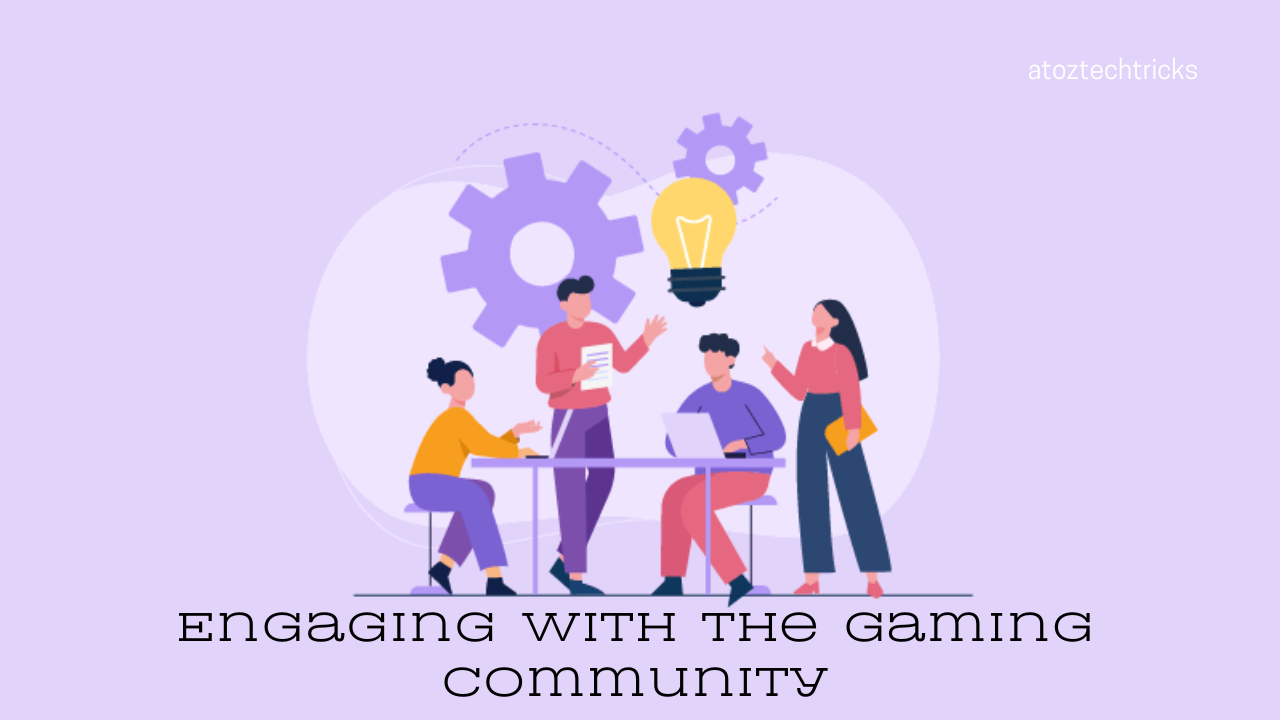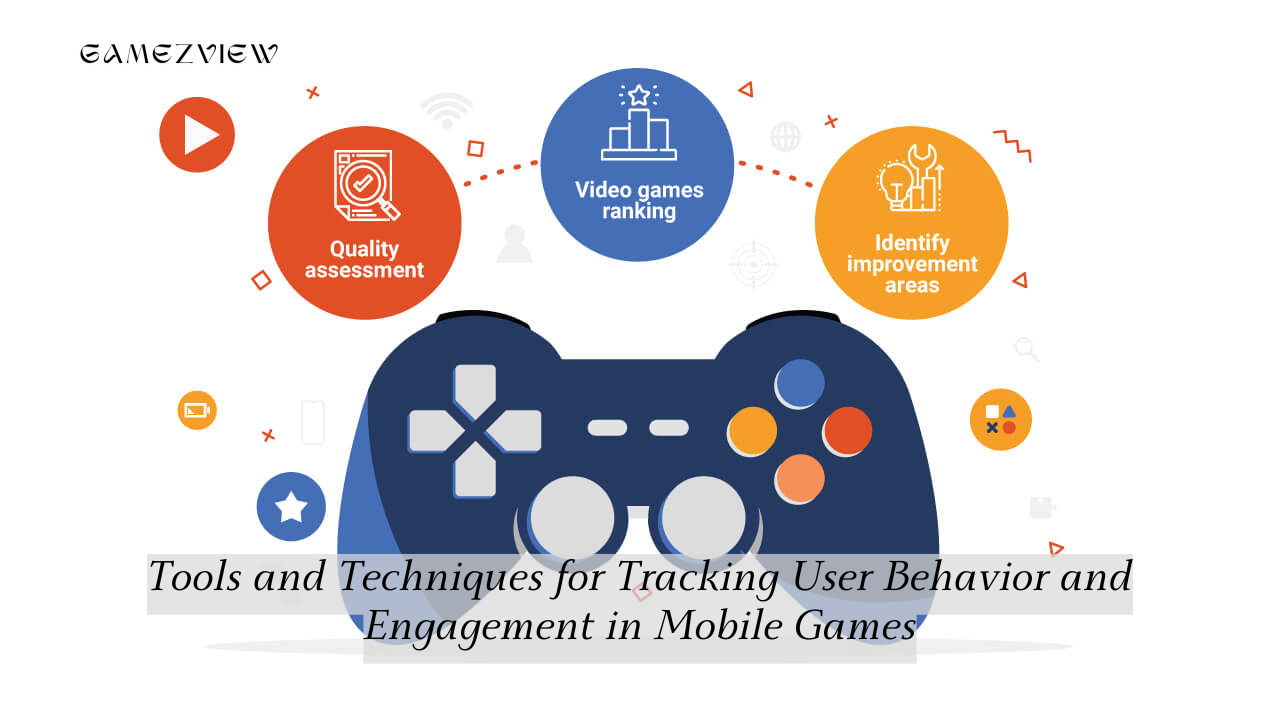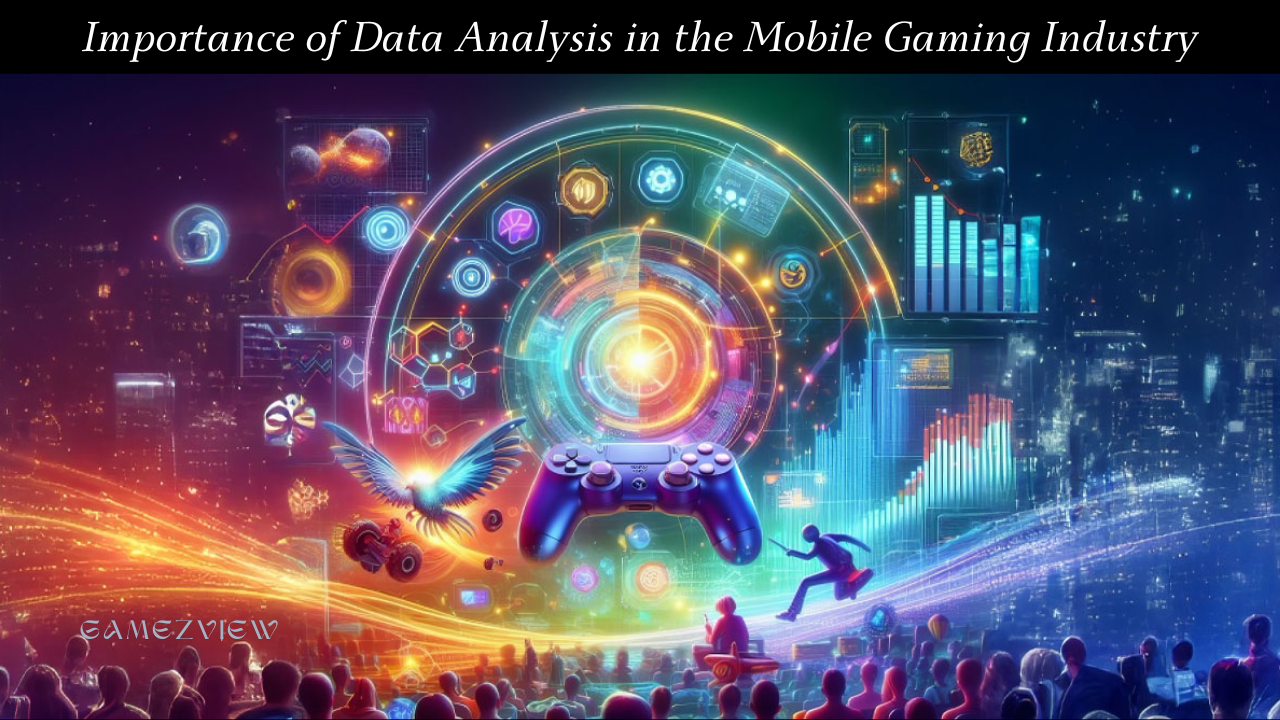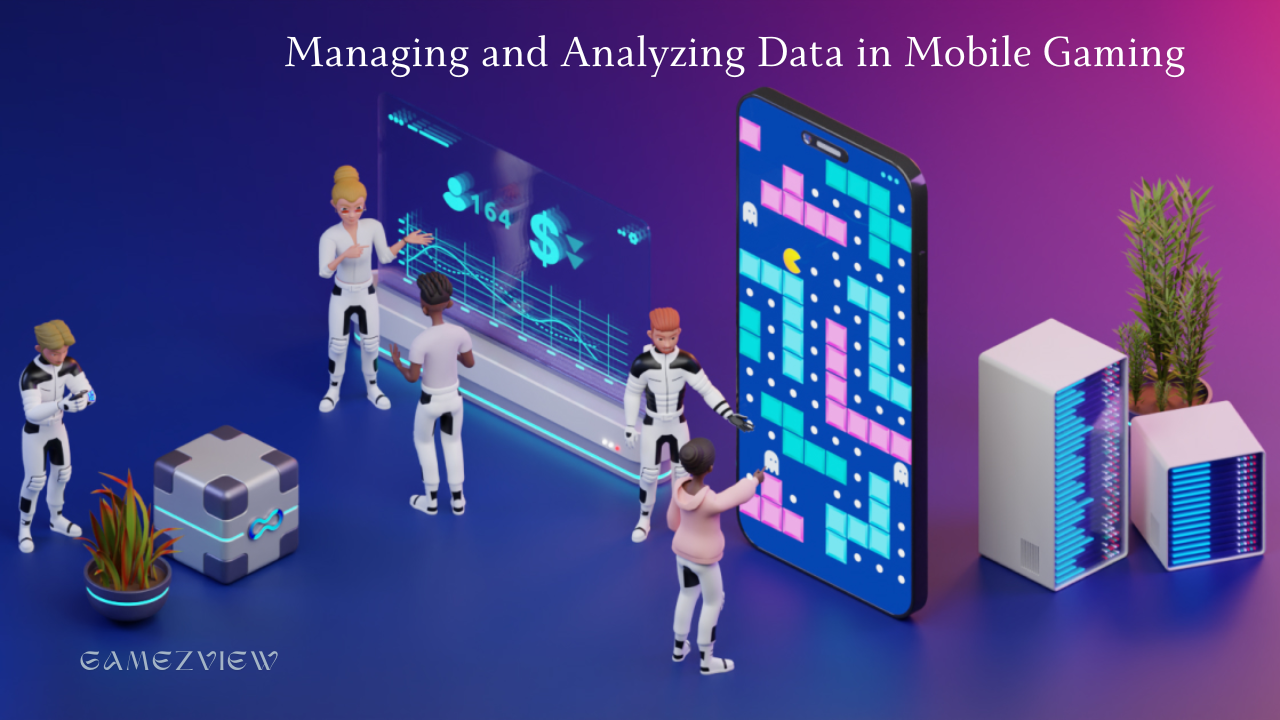The gaming industry has evolved dramatically over the past few decades, transforming from a niche hobby into a massive global phenomenon. Today, gaming is not just about playing games; it’s about connecting with others, sharing experiences, and collaborating on projects. Whether you’re a developer, content creator, or a gamer looking to build connections, engaging with the gaming community can be incredibly rewarding. This article provides comprehensive tips on networking and collaboration within the gaming community, helping you build meaningful relationships, grow your presence, and enhance your gaming experience.
1. Understanding the Gaming Community
Before diving into networking and collaboration, it’s crucial to understand the dynamics of the gaming community. The gaming community is vast and diverse, encompassing players, developers, content creators, streamers, esports athletes, and more. Each group within the community has its own culture, values, and communication styles.
For instance, the indie game development community tends to be highly supportive and collaborative, often sharing resources and knowledge freely. On the other hand, the esports community is competitive, with a strong emphasis on skill and performance. Understanding these nuances will help you tailor your approach when engaging with different segments of the gaming community.
Streaming 101: How to Grow Your Audience on Twitch and YouTube
2. Building Your Online Presence
Your online presence is your digital identity within the gaming community. It’s the first thing people will notice about you, so it’s essential to present yourself authentically and professionally.
Creating a Strong Profile
Whether you’re on social media, gaming platforms, or forums, your profile should communicate who you are and what you do. Use a consistent username across platforms to make it easier for people to find you. Include a bio that highlights your interests, skills, and what you’re looking to achieve in the community. A professional and approachable profile picture also helps in making a good first impression.
Leveraging Social Media
Platforms like Twitter, Instagram, and LinkedIn are powerful tools for networking in the gaming community. Twitter is especially popular among game developers, journalists, and content creators, while LinkedIn is useful for professional networking. Share your work, engage with others’ content, and participate in relevant conversations to build your visibility.
Participating in Online Communities
Joining online communities such as Reddit, Discord, and gaming forums is a great way to immerse yourself in the gaming culture. These platforms allow you to engage in discussions, ask questions, share your insights, and connect with like-minded individuals. Look for communities that align with your interests, whether it’s game development, streaming, or competitive gaming.
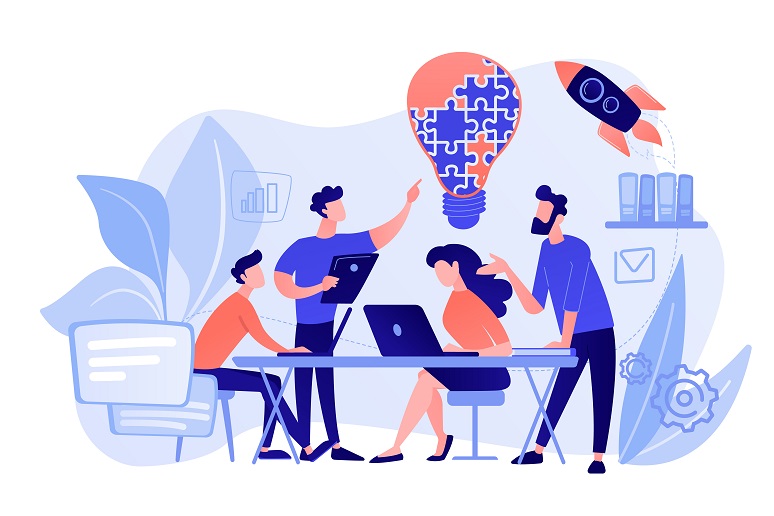
3. Networking Tips for the Gaming Community
Networking in the gaming community is about building mutually beneficial relationships. Here are some tips to help you navigate this process:
Be Authentic and Genuine
Authenticity is highly valued in the gaming community. People can often tell when someone is being disingenuous, which can harm your reputation. Approach networking with the intent of forming genuine connections, rather than just trying to gain something from others.
Engage in Meaningful Conversations
When interacting with others, focus on having meaningful conversations rather than superficial exchanges. Ask thoughtful questions, share your experiences, and show genuine interest in what others have to say. This not only helps you build stronger connections but also makes you more memorable.
Attend Gaming Events
Gaming events, both online and offline, are excellent networking opportunities. Events like E3, PAX, and Gamescom attract a wide range of industry professionals, from developers to influencers. Online events, such as webinars and virtual conferences, also offer opportunities to connect with others. When attending these events, don’t be afraid to introduce yourself and strike up conversations.
Follow Up and Stay Connected
After making a connection, it’s important to follow up and stay in touch. A simple message expressing that you enjoyed the conversation can go a long way. Staying connected through social media, email, or other platforms will help you maintain and strengthen your relationships over time.
4. Collaboration Opportunities in the Gaming Community
Collaboration is at the heart of the gaming community. Whether you’re working on a game, creating content, or organizing an event, collaborating with others can lead to incredible outcomes.
Collaborating on Game Development
For game developers, collaboration can involve working with other developers, artists, writers, and musicians to create a game. Platforms like GitHub and Unity’s Collaborate feature make it easy to work on projects together, even if you’re not in the same location. Collaborating with others brings fresh perspectives and skills to your project, helping you create a better game.
Content Creation Collaborations
Content creators, such as streamers, YouTubers, and bloggers, can collaborate on projects like co-streams, guest appearances, and joint articles. Collaborating with others in your niche can help you reach new audiences and provide your existing audience with fresh content. When looking for collaborators, consider individuals who share your values and have a similar audience demographic.
Organizing and Participating in Events
Community-driven events, such as game jams, tournaments, and charity streams, are a great way to collaborate with others. These events often bring together diverse groups of people, creating opportunities for networking and collaboration. If you have an idea for an event, consider partnering with others to bring it to life. Participating in events organized by others is also a great way to connect with new people and showcase your skills.
How to Build and Manage a Gaming Clan or Guild: A Comprehensive Guide
5. Building and Managing a Team
If you’re planning to collaborate on a larger project, such as developing a game or organizing a tournament, you may need to build and manage a team. Here’s how to do it effectively:
Finding the Right Team Members
When building a team, look for individuals who not only have the necessary skills but also share your vision and work ethic. Networking within the community is one of the best ways to find potential team members. You can also post on relevant forums or social media platforms to find collaborators.
Establishing Clear Roles and Responsibilities
Once you’ve assembled your team, it’s important to establish clear roles and responsibilities. This ensures that everyone knows what is expected of them and helps prevent misunderstandings. Regular communication is key to keeping the team aligned and on track.
Fostering a Positive Team Culture
A positive team culture is essential for successful collaboration. Encourage open communication, respect different perspectives, and create an environment where team members feel valued and supported. This not only improves the quality of the work but also makes the collaboration more enjoyable for everyone involved.

6. Navigating Challenges in Collaboration
Collaboration, while rewarding, can also come with its challenges. Here are some common challenges and tips on how to overcome them:
Communication Issues
Communication is often the biggest challenge in collaboration, especially when working with people from different time zones or backgrounds. To overcome this, establish clear communication channels from the start, such as Slack, Discord, or email. Regular check-ins and updates help ensure that everyone is on the same page.
Managing Conflicts
Conflicts can arise in any collaboration, whether it’s due to differing opinions, miscommunication, or stress. When conflicts occur, address them promptly and professionally. Encourage open dialogue and try to understand the other person’s perspective. Finding a compromise or solution that works for everyone is key to moving forward.
Balancing Workloads
In collaborative projects, it’s important to ensure that workloads are balanced and that no one person is overwhelmed. Regularly check in with your team to see how they’re managing their tasks and be willing to redistribute work if needed. If someone is struggling, offer support or consider bringing in additional help.
7. Leveraging Collaboration Tools
There are many tools available to facilitate collaboration in the gaming community. These tools can help streamline communication, project management, and content creation. Here are some popular tools you can use:
Communication Tools
- Discord: A popular platform for voice, video, and text communication, widely used in the gaming community.
- Slack: A professional communication tool that allows for organized discussions and file sharing.
- Zoom: Ideal for video meetings, especially when discussing complex ideas or projects.
Project Management Tools
- Trello: A flexible tool for managing tasks and projects using boards, lists, and cards.
- Asana: A comprehensive project management tool that helps teams track progress and manage deadlines.
- Notion: A versatile tool that combines note-taking, task management, and collaboration features.
Content Creation Tools
- OBS Studio: A free and open-source software for video recording and live streaming, widely used by content creators.
- Adobe Creative Cloud: A suite of creative tools for video editing, graphic design, and more.
- Unity Collaborate: A tool that allows multiple team members to work on a game project simultaneously.
8. Learning from Successful Collaborations
One of the best ways to improve your collaboration skills is to learn from others who have been successful. Study collaborations within the gaming community that have led to popular games, successful content, or impactful events. Analyze what made these collaborations work, such as the team dynamics, communication strategies, and project management techniques.
Case Study: Indie Game Development
Indie game development is a space where collaboration often leads to innovative and successful games. Take, for example, the development of the game Hades by Supergiant Games. The game’s success can be attributed to the close collaboration between the team members, who worked together to refine the game’s mechanics, story, and art style. The team’s ability to communicate effectively and respect each other’s expertise was key to the project’s success.
Case Study: Charity Streams
Charity streams are another excellent example of successful collaboration in the gaming community. These events often involve multiple streamers, content creators, and organizations coming together for a common cause. The success of charity streams like Games Done Quick highlights the importance of organization, communication, and community engagement in making these events impactful.
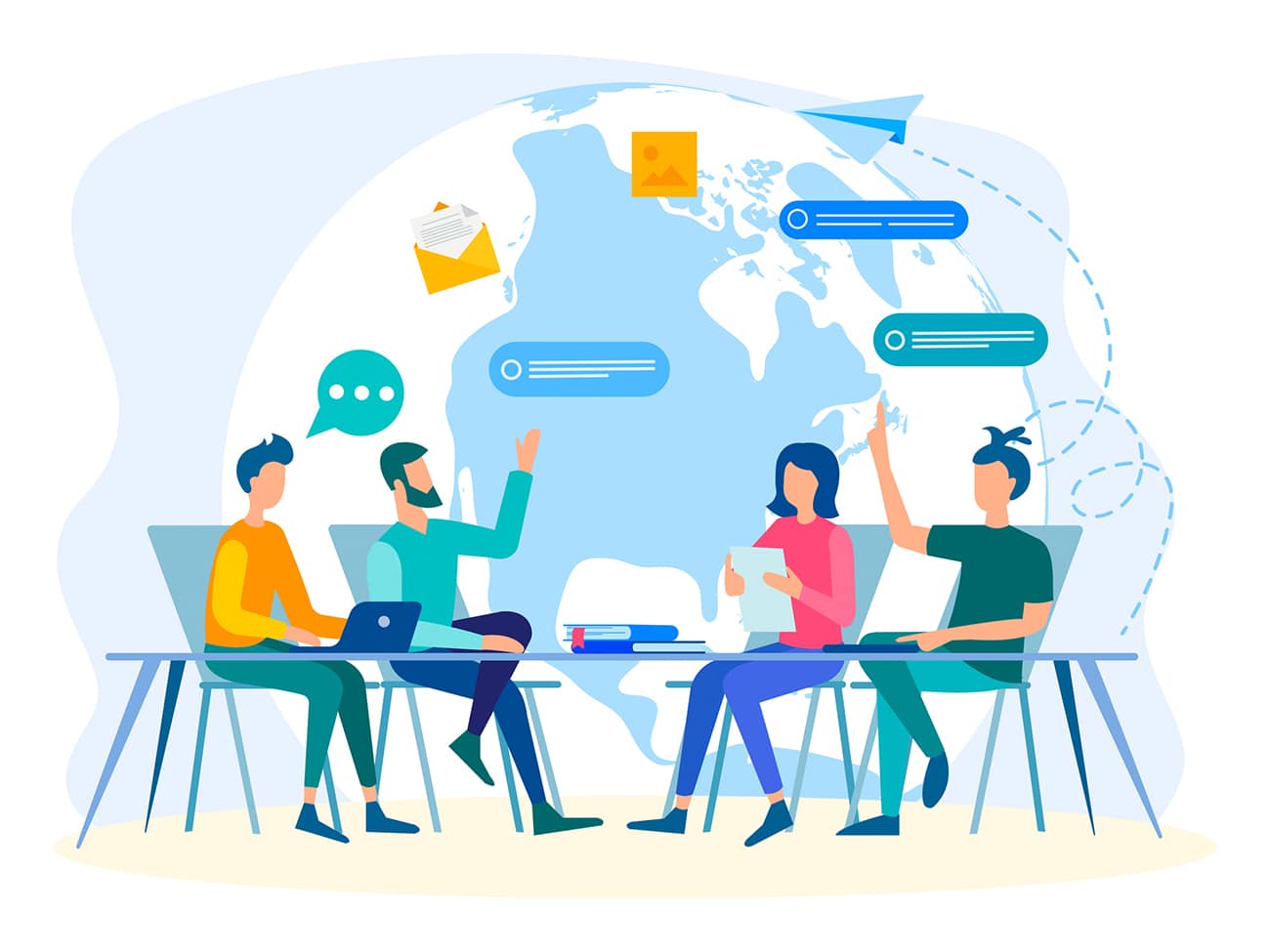
9. The Future of Networking and Collaboration in Gaming
As the gaming industry continues to grow, networking and collaboration opportunities will expand as well. Emerging technologies, such as virtual reality (VR) and augmented reality (AR), are opening up new possibilities for immersive collaboration. Additionally, the increasing popularity of decentralized platforms and blockchain technology could lead to more innovative ways to connect and collaborate within the gaming community.
Virtual Reality and Collaboration
VR is already being used to create immersive collaborative experiences, such as virtual workspaces and social VR platforms. As VR technology advances, more collaborative projects will likely be developed within these virtual environments. This could revolutionize the way game developers, content creators, and other industry professionals collaborate, offering new levels of interaction and creativity.
Blockchain and Decentralized Collaboration
Blockchain technology is also making its way into the gaming industry, particularly through the development of decentralized games and platforms. These platforms allow for more direct and transparent collaboration, where contributors can be rewarded fairly for their work through mechanisms like smart contracts. This could lead to new models of collaboration that are more inclusive and equitable.
Engaging with the gaming community through networking and collaboration is not just beneficial for personal growth but also essential for the evolution of the industry. By understanding the community, building a strong online presence, and leveraging the right tools and strategies, you can create meaningful connections and collaborate on exciting projects. As the industry continues to evolve, staying adaptable and open to new opportunities will ensure that you remain a valuable member of the gaming community.
In the end, the gaming community thrives on collaboration, creativity, and shared passion. Whether you’re developing a game, creating content, or simply connecting with fellow gamers, the relationships you build and the collaborations you engage in will shape your journey in the gaming world. So, take the leap, reach out, and start building your network in this vibrant and dynamic community. The opportunities are endless, and the rewards are well worth the effort.
